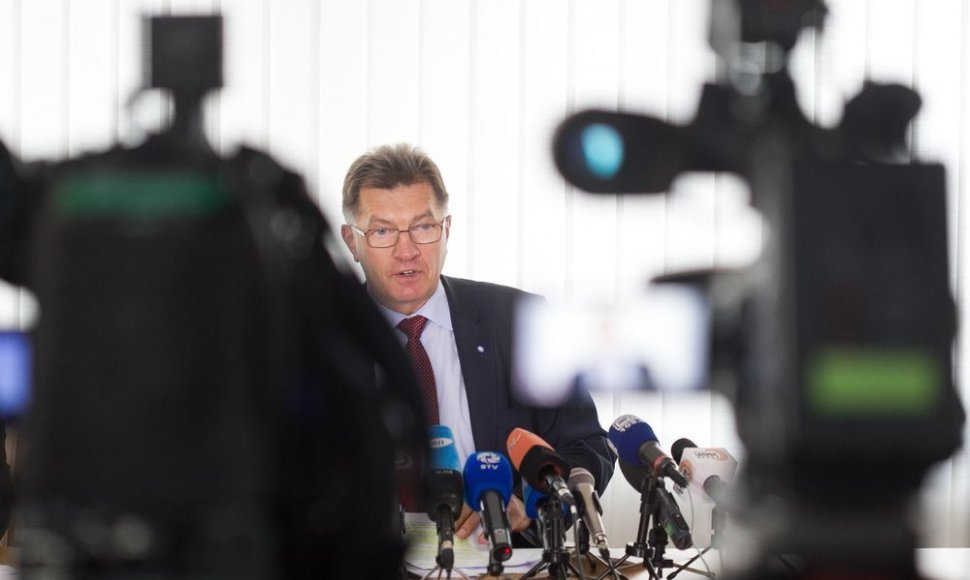“Swedish experts are completing this study already. The first part of that study will be presented to Lithuania as early as this week. To put it simply, it means, if Lithuania were to build a reactor of such a capacity and this reactor were to switch off, where Lithuania could get an energy reserve from,” he said in an interview to Znad Wilii radio on Wednesday.
“Their deadline [to complete the study] is by fall, however, I think that they will complete that task before that,” Butkevičius added.
Sweden‘s Gothia Power was studying feasibility for the Baltic countries to connect to the European electricity network on commission from Litgrid, Lithuania’s electricity transmission system operator, Evelina Butkutė Lazdauskienė, the prime minister’s spokeswoman, told BNS. In April 2012, the companies signed a contract worth 4.34 million litas (EUR 1.26m) to this effect.
“Their final conclusions will only be provided in fall, they will be handed to the European Commission,” she told BNS.
Meanwhile, Butkevičius once again criticized the previous government over the project on the construction of a new nuclear power plant in Visaginas. He said that the previous authorities were not ready for the construction the facility and did not have any funding scheme.
The project would be a long-term one and the consumers would feel its effects in 2023, the government leader said.
“If there is an investor willing to come, he is welcome to come, he may even come today, he is welcome to invest and build, but he should calculate whether it will be possible for him to sell electricity at market prices… It’s necessary to understand that our electricity grids are still synchronized with BRELL (Belarus, Russia, Estonia, Latvia and Lithuania) grids and we would need more links with Poland, as much as three, in order to synchronize with the West,” he said.
The Lithuanian government has given Energy Minister Jaroslav Neverovič until July for discussions with Latvians, Estonians and Japan's Hitachi on whether the Visaginas project is acceptable to them under the new conditions. If the partners decided to go ahead with the project together, then a final decision on setting up a company for the implementation of the project would be made by October 1.
After a working group appointed by Prime Minister Algirdas Butkevičius has found that the nuclear power project, in its current form, is too expensive for Lithuania and that the price of electricity generated at the new facility may be non-competitive, the authorities say that the project could only be continued if its terms and conditions were improved through talks with Latvian and Estonian energy companies and Hitachi.
Japan's Hitachi was chosen as a strategic investor for the project in the summer of 2011. The previous government's plan called for building a 1,380-megawatt reactor in Visaginas, in the eastern part of the country, together with Hitachi, Latvia and Estonia.












